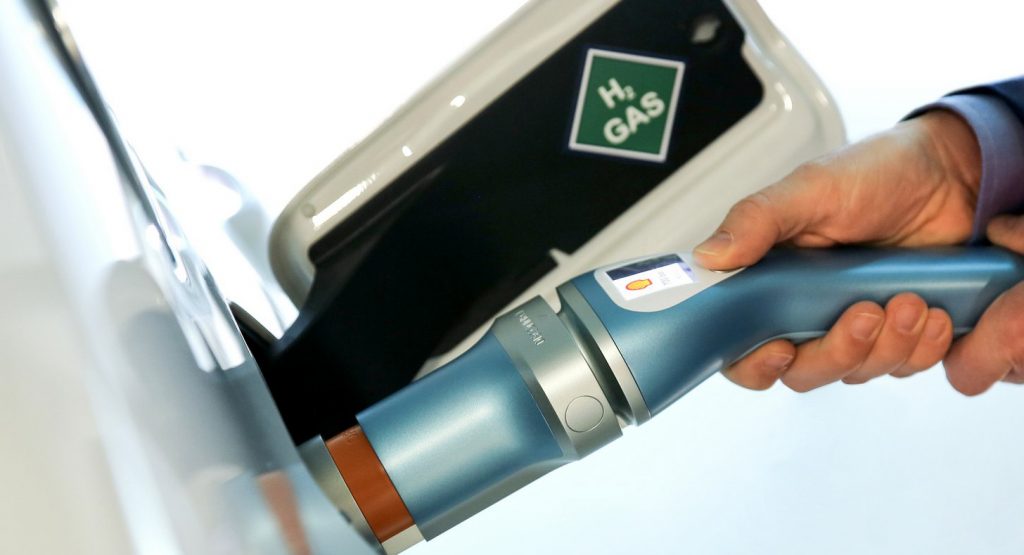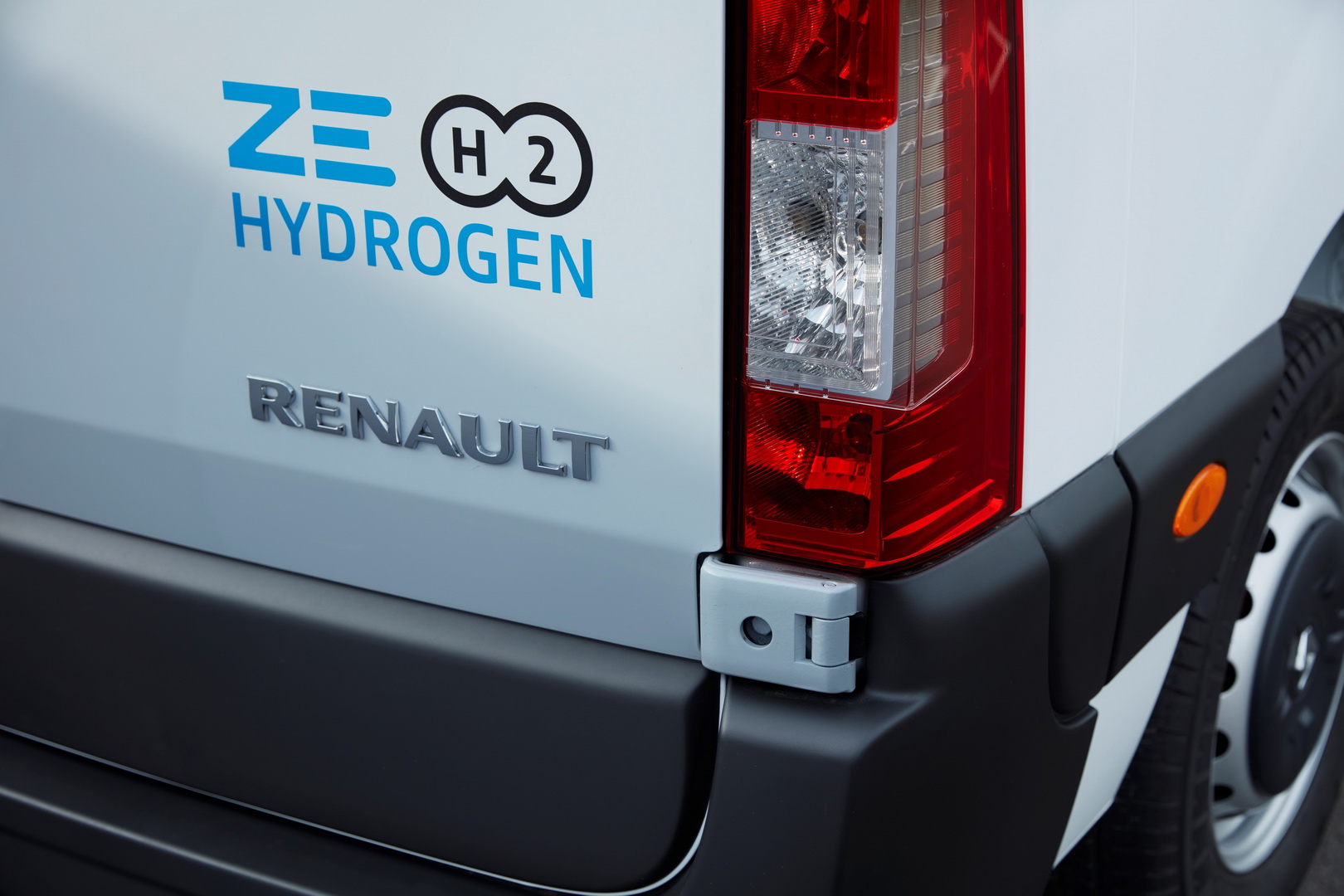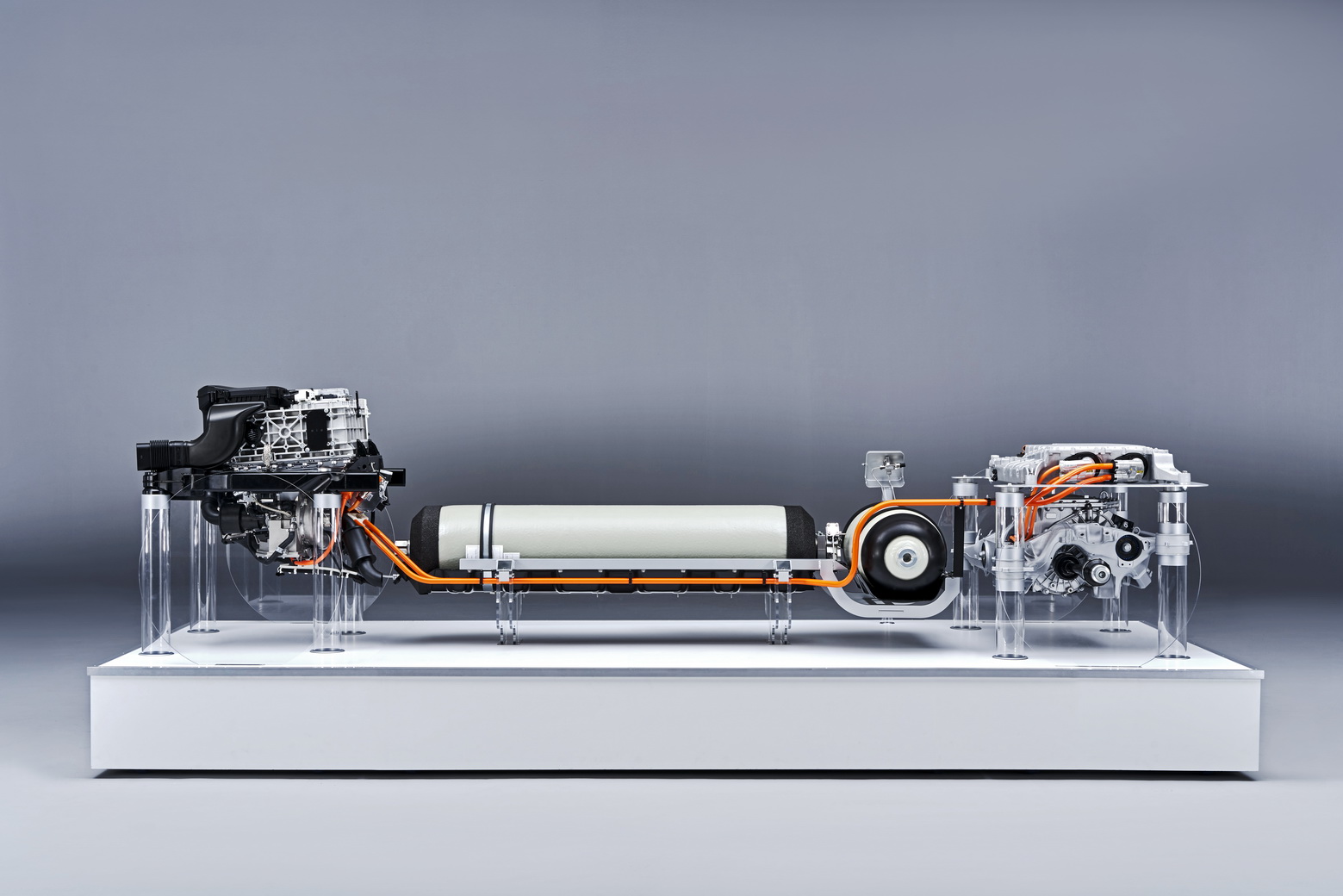A new report by the Financial Times has highlighted the reluctance of several car manufacturers to continue investing in hydrogen technology. It comes during the European Union’s push to achieve carbon neutrality by 2050, a plan in which hydrogen is seen as a key pillar.
The report cites several European manufacturers backing away from hydrogen-fuelled cars, including VW, Stellantis, Mercedes-Benz, and BMW. However, the report notes that eastern players, such as Toyota and Hyundai, are continuing to aggressively push for the adoption of hydrogen as an alternative fuel.
“You won’t see any hydrogen usage in cars,” said Volkswagen chief executive Herbert Diess speaking to the Financial Times. “Not even in 10 years, because the physics behind it are so unreasonable. You can’t ramp the fuel cell up and down like a combustion engine. So you need another 10kW battery, you need an electric engine, and you need to run the fuel cell.”
See: Hyundai First To Register Hydrogen Fleet In Australia
Meanwhile, Carlos Tavares, CEO of the Stellantis Group, suggested that companies pushing for hydrogen-powered vehicles are the ones who are behind the curve on battery and EV technology.
However, it’s not all bad news for Europe’s hydrogen-powered transport lobby. Renault believes there’s a strong potential for commercial vehicles to adopt hydrogen power. Renault’s head of alternative fuels, Philippe Prevel, aims to capture at least 30% of the hydrogen light commercial vehicle market.
Prevel thinks that trucks that need to achieve ranges of over 300km would need to look at hydrogen. This is because the weight of batteries, added to the payload, is far too great for BEV haulers to makes sense.
But VW’s Diess (who controls commercial truck brands MAN and Scania) remains adamant that battery power is the way forward regardless of weight, suggesting that the high costs of hydrogen would triple the cost per km vs. an electric truck.






